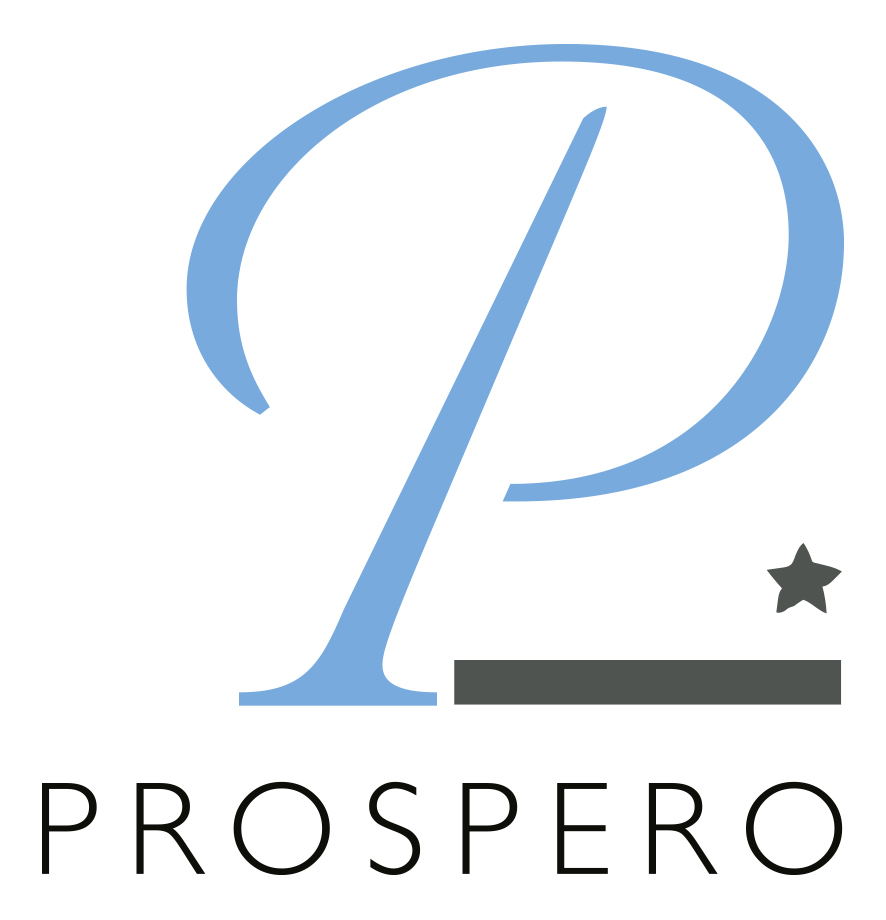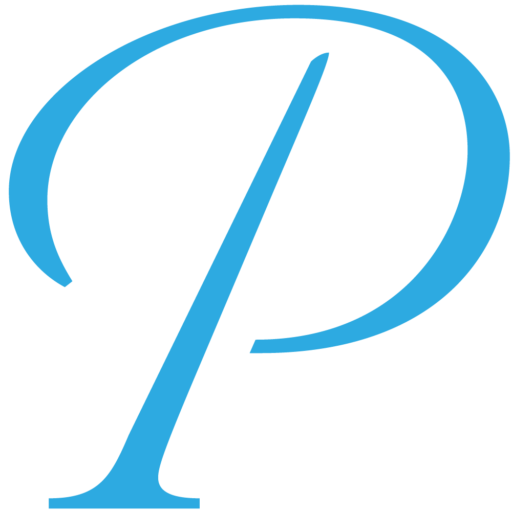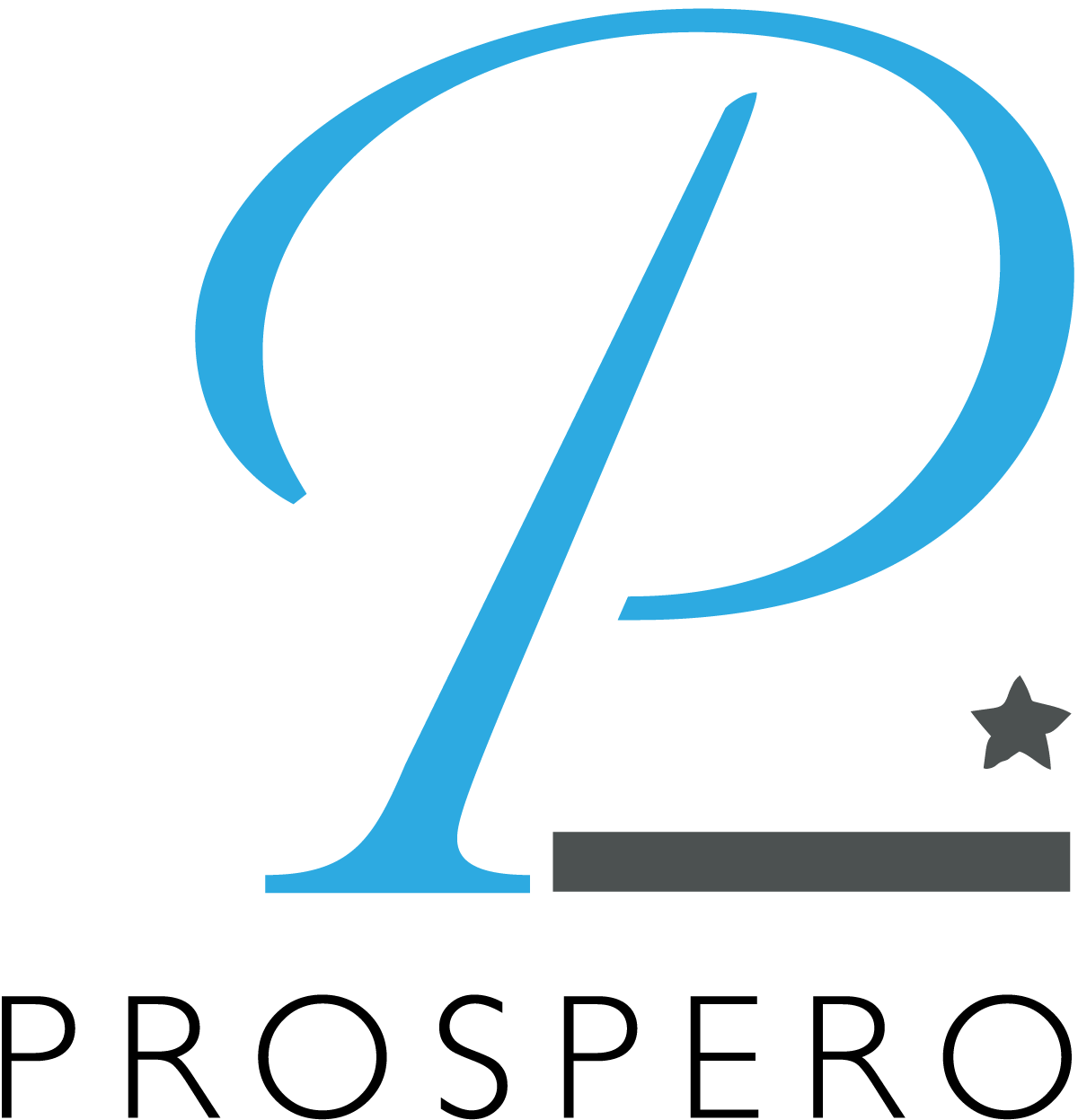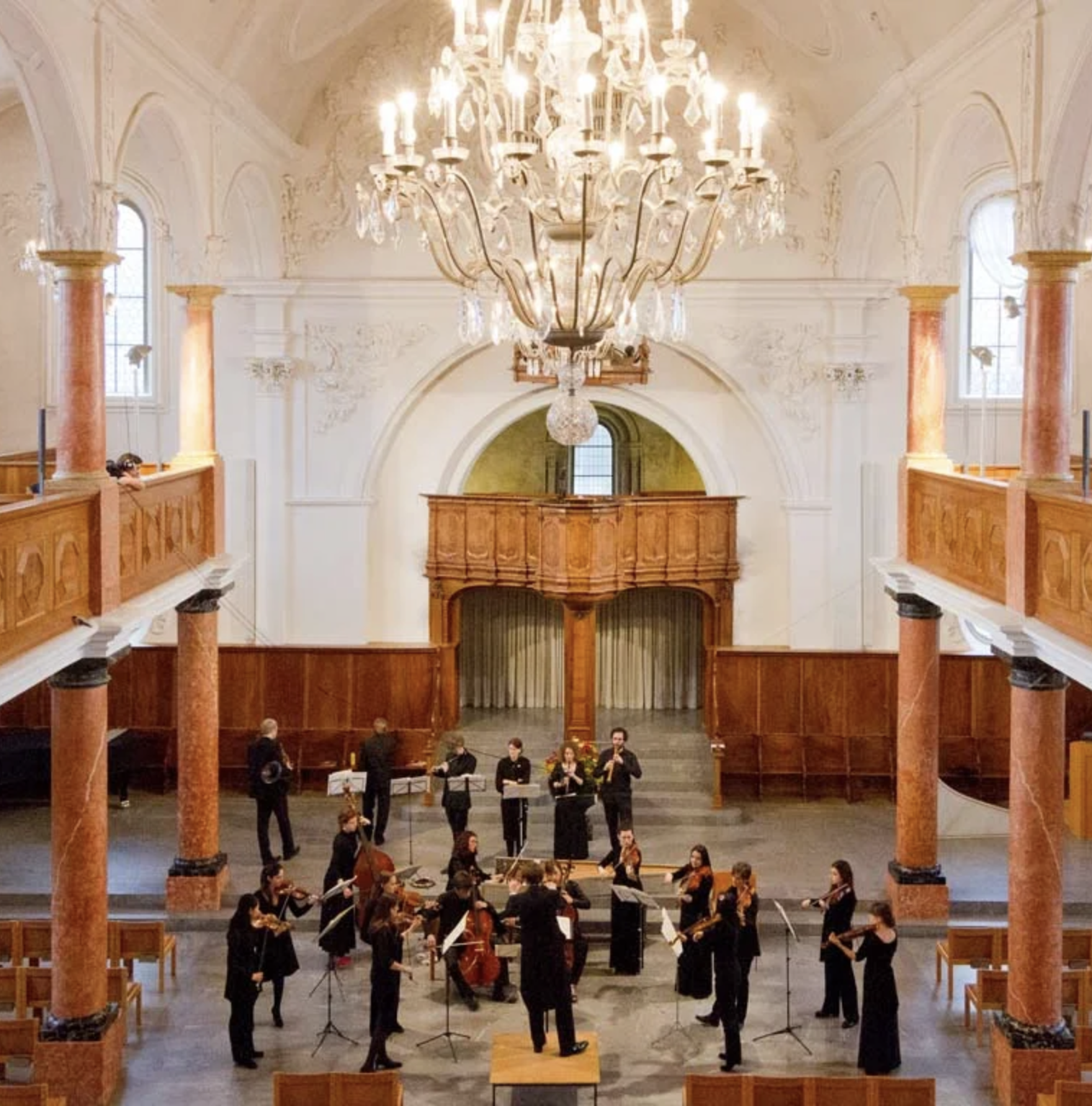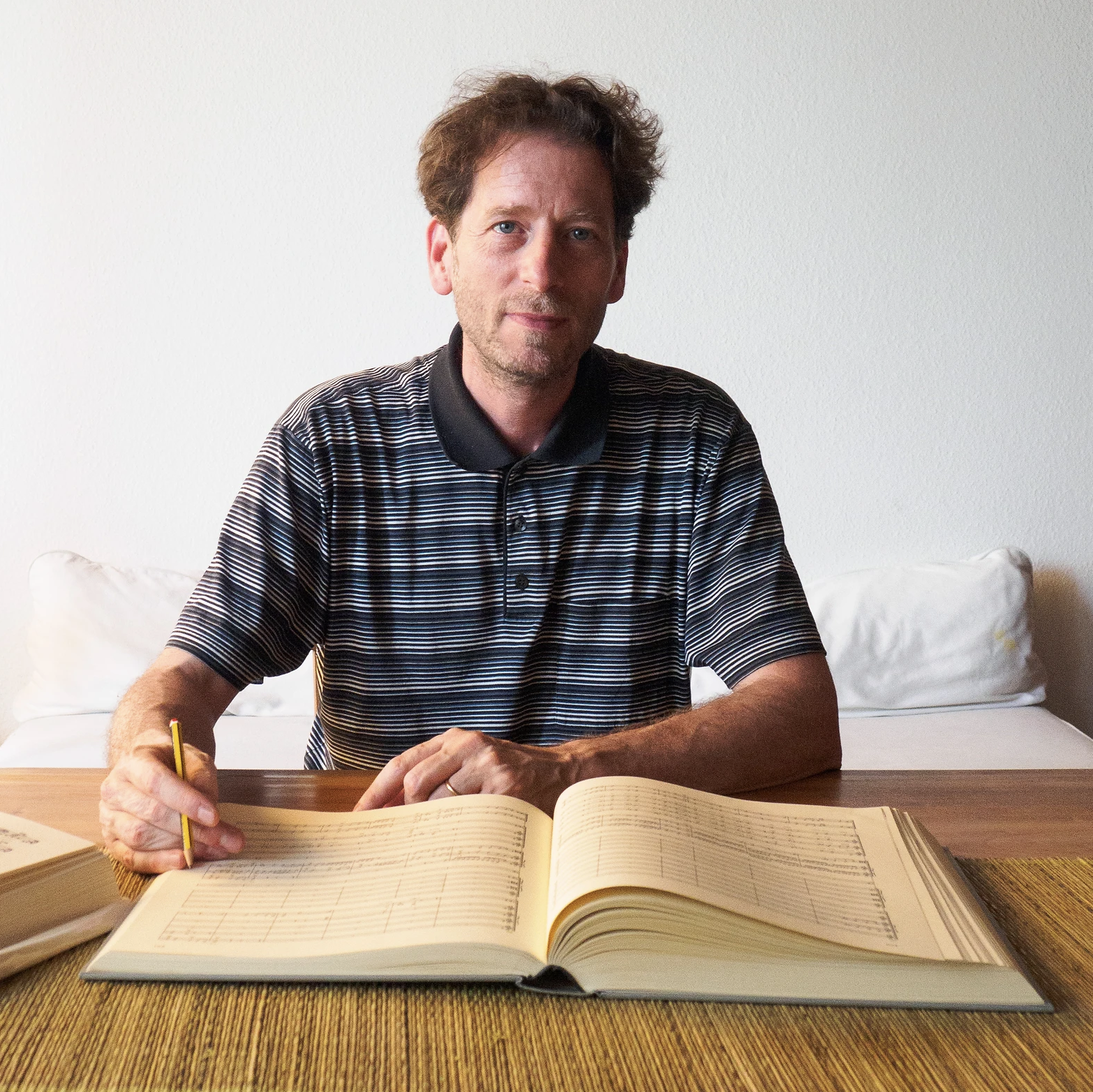Wolfgang Amadeus Mozart: Symphony No. 36 in C Major, K.425, «Linz»
Wolfgang Amadeus Mozart: Symphony No. 36 in C Major, K.425, «Linz»
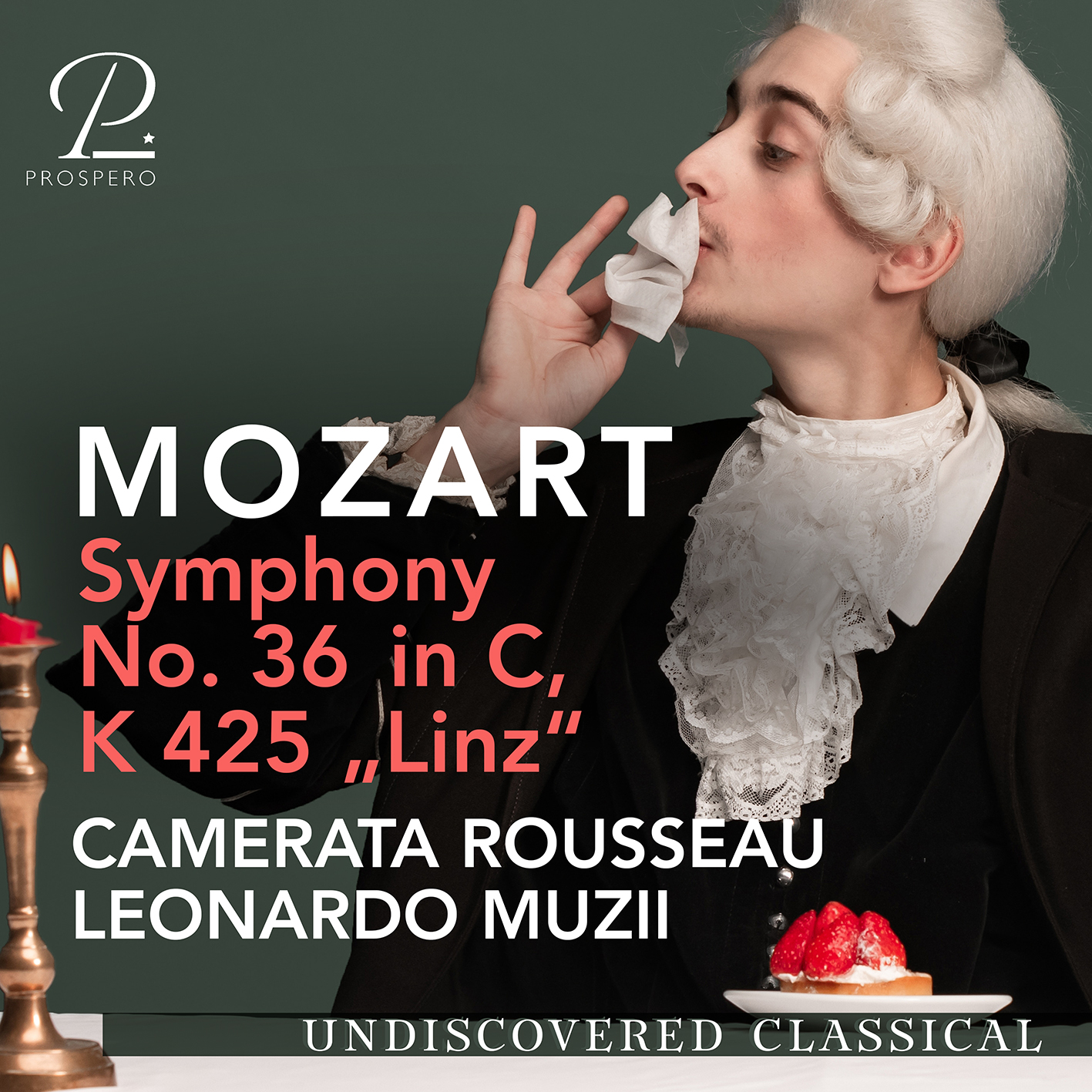
About New Album
Die Camerata Rousseau ist ein Orchester, welches das Repertoire des achtzehnten und neunzehnten Jahrhunderts auf historischen Instrumenten spielt. Sein Initiator, Leonardo Muzii, wurde bei der Gründung des Orchesters von einer Gruppe von Musikern ermutigt und unterstützt, die zu jener Zeit am Département de Musique Ancienne der Haute école de Musique (HEM) in Genf studierten. Die Verbundenheit mit dieser Stadt und mit dem Repertoire des achtzehnten Jahrhunderts inspirierte zur Wahl des Namens, ein ausdrücklicher Hinweis auf Jean-Jacques Rousseau, den Genfer Philosophen-Musikwissenschaftler-Komponisten des Zeitalters der Aufklärung. Das Ensemble debütierte 2014 mit Konzerten in Genf, Basel und Zürich.
Leonardo Muzii (*1965) wuchs in Neapel auf. Er studierte Blockflöte am Konservatorium von Rotterdam (NL) und erhielt das Solistendiplom und mehrere Auszeichnungen bei internationalen Wettbewerben, darunter die Yamaha Foundation of Europe/Utrecht, van Wassenaer Prize/Amsterdam, Bourse aux jeunes interprètes/Lausanne. Ein niederländisches Stipendium ermöglichte es ihm, seine Kenntnisse über die Praxis der Barockmusik an der Schola Cantorum Basiliensis zu vertiefen. Leonardo Muzii trat auch als Solist und Kammermusiker bei zahlreichen internationalen Musikfestivals in ganz Europa auf, darunter Utrecht, Urbino, Innsbruck, Brezice und wiederholt Japan. Er war auch als Dozent an der Staatlichen Hochschule für Musik in Karlsruhe (D) und an den Konservatorien Bern und Biel (CH) tätig.
*
On their way back from Salzburg in the autumn of 1783, Mozart and his wife Constanze stopped off in Linz and were literally intercepted there by Johann Joseph Anton Count Thun, an old patron of Mozart. They spent a few days with him, and the Count invited Mozart to give a concert. Mozart writes about this in the letter to his father of 31 October:
«On Tuesday, 4 November, I will give a concert here in the theatre academy. – And because I do not have a single symphony with me, I am writing over my head and neck on a new one, which must be finished by then».
He had from Thursday, 30 October, until the following Tuesday (3 November) to do so. The first performance took place on 4 November in the Ballhaus in Linz. Mozart then took the symphony from Linz to Vienna, where another performance took place at an academy he had organised on 1 April 1784.
The Camerata Rousseau is an orchestra that plays the repertoire of the eighteenth and nineteenth centuries on period instruments. Its initiator, Leonardo Muzii, was encouraged and supported in the foundation of the orchestra by a group of musicians who were studying at the time at the Département de Musique Ancienne of the Haute école de Musique (HEM) in Geneva. The attachment to this city and to the eighteenth-century repertoire inspired the choice of name, an explicit reference to Jean-Jacques Rousseau, the Geneva philosopher-musicologist-composer of the Age of Enlightenment. The ensemble made its debut in 2014 with concerts in Geneva, Basel and Zurich.
Leonardo Muzii (*1965) grew up in Naples. He studied recorder at the Rotterdam Conservatory (NL) and received the soloist diploma and several awards at international competitions, including the Yamaha Foundation of Europe/Utrecht, van Wassenaer Prize/Amsterdam, Bourse aux jeunes interprètes/Lausanne. A Dutch scholarship enabled him to deepen his knowledge of baroque music practice at the Schola Cantorum Basiliensis. Leonardo Muzii has also performed as a soloist and chamber musician at numerous international music festivals throughout Europe, including Utrecht, Urbino, Innsbruck, Brezice and repeatedly Japan. He has also been a lecturer at the Staatliche Hochschule für Musik in Karlsruhe (D) and at the conservatories in Bern and Biel (CH).
